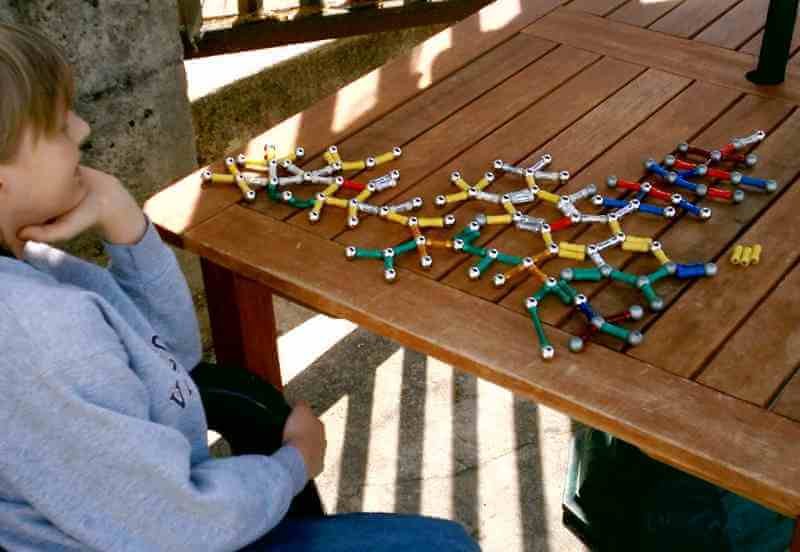It has been suspected for some time that numerous defective genes are responsible for autism spectrum disorder (ASD) but now, Ben-Gurion University of the Negev researchers have taken a step closer to understanding the genetic basis of the developmental disability usually diagnosed in toddlers.
…
Dr. Idan Menashe[,]…Erez Tsur, and Prof. Michael Friger at the university in Beersheba studied the sequences of 651 genes that have been suggested as being connected with autism and discovered characteristics that distinguish them from other genes in the genome.
Among the distinct characteristics of autism genes is their exceptional genomic length, which is even longer than other brain-expressed genes of closely related diseases such as Alzheimer’s disease and schizophrenia. The BGU researchers also discovered a unique genomic signature in the genes that was shaped by negative selection — an evolutionary process that removes disruptive mutations from genes over generations.
…
[A]utism susceptibility mutations are probably maintained in the human genome because they cause the disorder only in combination with other genetic and/or non-genetic factors, they said.The GLP aggregated and excerpted this blog/article to reflect the diversity of news, opinion and analysis. Read full, original post: Israeli researchers uncover unique evolutionary signature in autism genes































